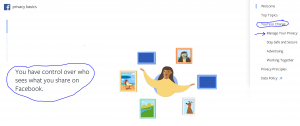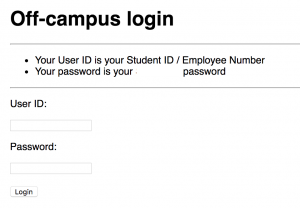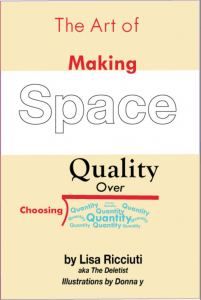When I was in college, my father and my aunt would always ask me questions about my friends and socializing. They often asked me if I was in any clubs or groups, who I liked to spend time with, and what I was doing for fun in my leisure time. To them, my social development and sense of community were as important as the academic part of going to school.
I remember a lot of phone calls to them feeling low and lonely because I felt like I didn’t have enough friends. Only to have my father and aunt both pepper me with a lot of suggestions about how to get out there. Join a club. Find some groups at school related to your interests. Go study with your classmates, etc. All very practical advice, but sometimes easier said than done.
At the time I had a full course load and I was working on the side. My large and impersonal college had almost 20,000 students. It had its own subway stop on the 6 line in NYC, but not much of a campus with areas for mingling and socializing with other students. Most of the time available for socializing was restricted to before/after class, when we weren’t rushing off to the next thing.
If I had been in college during the age of social media, I wonder how different my answers would have been. I might not have been able to tell my father and aunt about in-person social interactions, but maybe I could have talked about how many online groups I belonged to, or how many hours I spent “chatting” with others. Or how many people “liked” or retweeted my lasting posting, surely an indicator of popularity. Then again, maybe they would have asked me different types of questions. Maybe they would have asked what social media networks I was on. And who I enjoyed following on Instagram and Twitter. And did I ever meet any of these “friends” offline?
People seem to have a lot of Facebook “friends” or connect on things like Instagram and Twitter, but are they really friends? Many times online connections are made without meeting in person. Does this count as making friends and socializing? Or fostering a sense of community? I mostly use social media for networking, rather than socializing. Maybe I’m a tad old-fashioned, but to me socializing is something done face-to-face.



